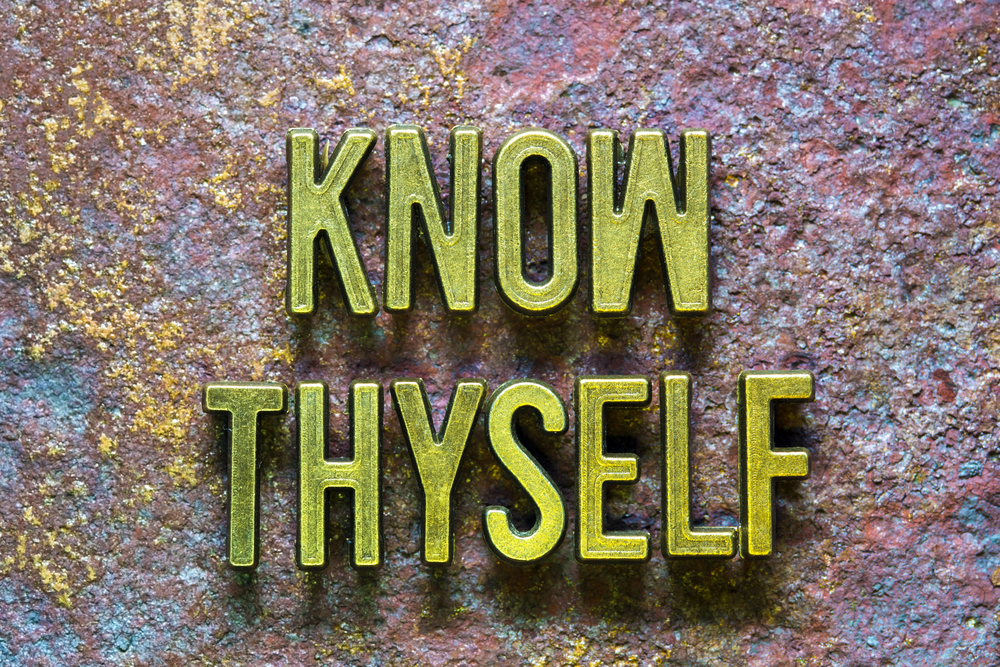The first reading is from Sirach, one of the Wisdom books in the Jewish Scriptures. Sirach tells us that the more power and authority we have, the more careful we should be to cultivate humility, and that we should be aware of our limitations. “What is too sublime for you, seek not, into things beyond your strength search not,” it says. But, even someone who is limited in some ways still has something to give—and sharing our gifts also makes us better people.
Humility doesn’t mean avoiding God, or not having the confidence to approach him. The second reading (from Hebrews) tells us that we are, in fact, invited to experience the mysterious presence of God. It speaks of Jesus’ humility, too, and his sacrifice. Jesus humbled himself by offering us everything he had and allowed us to do whatever we would with his gifts. When we abused them and killed him, he still turned it around to save our lives and teach us how we should give to others.
The Gospel begins with one of the “great” people in the first reading—a Pharisee. Jesus was invited to this man’s house for dinner with several other important people. Each of them wanted the best seats. Jesus told them a story to show them that if they stopped thinking that they were the most important person in the room, they would actually be treated with more honor. He was really the most important person in the room, but they didn’t notice it because they were too busy worrying about everyone else treating them with respect. When you know your own self-worth, you care a whole lot less about what others think. God made everyone uniquely gifted. True humility is acknowledging your gifts and being willing to share them with others. It’s not pretending that you aren’t good at anything, or downplaying your talents. That’s denying God’s generosity and robbing others of what God shared with you to put at the disposal of others. We cannot get caught up in how they use what you have shared. Not everyone will appreciate your gifts or what you have to offer (Just ask Jesus). Humility is giving of yourself anyway, and being satisfied with the fact that God appreciates it.
You can read this Sunday’s readings here:
Scriptures for the Twenty-second Sunday in Ordinary Time, Cycle C
Break open the word with your family
Kids
What is the difference between bragging and knowing that you’re good at something? How do you feel when someone brags? How do you feel when someone is good at something and shares their talent with you?
Teens
Sometimes people confuse “humility” with “humiliation.” Humility elevates your dignity and the dignity of others by being honest about the good they have to offer and allowing them to share that good. Humiliation tears down the dignity of others by denying their giftedness. Do you know anyone who will say, do, or wear anything that will gain them the approval of others? Why do you think they do that? How can you help them to find their dignity? How would that be practicing humility?
Adults
Tell a story about a time that you were able to share yourself with someone through a humble act. How did it make you feel? How did it make the other feel?
A little lectio
The ancient practice of prayerfully reflecting on bits of Scripture is known as lectio divina. Want to try it out with your family? Head over to Lectio Divina for Kids to find out how to adapt this prayer practice for your kids.
A little Bible study
Want to do a little Bible study with your kids? Here are some tips:
- During Ordinary Time, the Church pairs the Old Testament and New Testament readings in a way that each sheds light on the other. Ask your kids to look for the common theme connecting the two readings. (Sometimes it’s obvious, sometimes it is subtle.) How does the “dialogue” between the readings help you understand them better?
- Get a New American Bible, Revised Edition, and take a look at the footnotes for these readings. How do they change your understanding of what is going on?
- Take a look at the context for the readings—what happens before, or after?
- Read the NABRE’s introduction to the book of the Bible that the readings are taken from. How does that help you understand the readings?
- If you don’t have a copy of the NABRE at home, you can view it online at the USCCB website at the Daily Readings web page.
For even more resources for breaking open this Sunday’s readings, head over to The Sunday Website.



